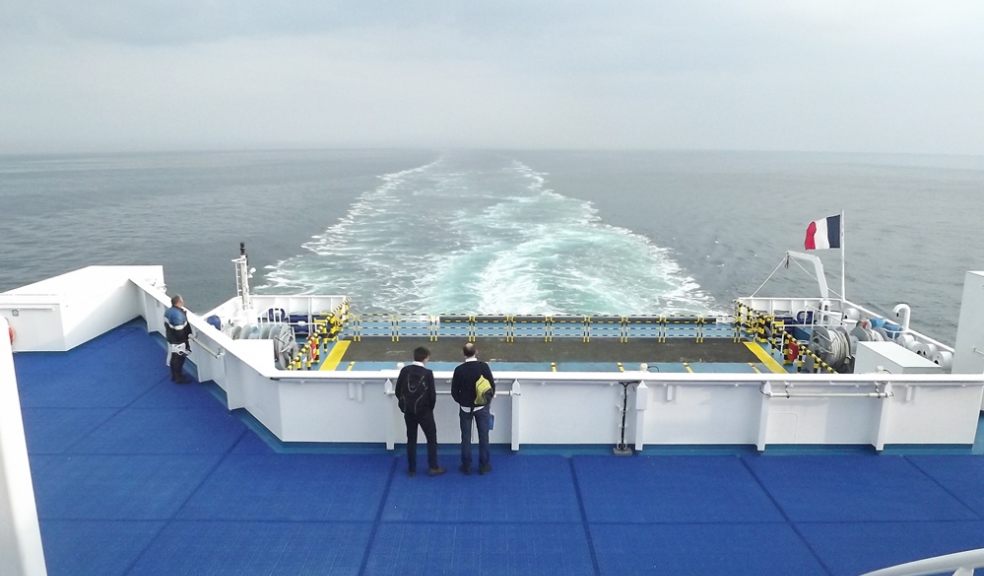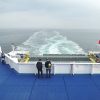
Is God for In or Out??
“The purpose of God is Togetherness”.
For those of us within the Judaeo-Christian tradition, there is a deep well of understanding that as human beings we are called to develop bonds and relationships of care and trust. The emphasis on our behaviour is to love one another – including those we would fear or dislike – and to live in harmony and unity across the brokenness and divisions of the world.
This approach is to work at different levels – personal, communal, national and international. In all things we are to seek justice and truth, the fruits of which will be fairness, integrity and peace. These are then the building blocks of both strong and healthy communities and inclusively fair countries.
However, it is easy to be distracted from this vision of wholeness by those who would plant seeds of distrust and doubt. Faith is converted into fear. Love of neighbour changes to become suspicion of strangers. We adopt a tribalism in which short-term self-survival dominates over the landscape of conviviality and community. We are influenced by headlines which express narrow forms of phobia - nationalism, racism, patriotism, scepticism and jingoism, and an accumulation of such emotions push some of us to social disorder, violence, hatred and even murder.
In 1937 Carl Jung reminded us that the great mental health epidemic of his day was found in “isms” – as populations were exposed to being shaped by irrational ideas. “Such ideas are based upon unconscious motive powers”, he said. One such idea is to encourage us to believe that human communities need ‘independence’ and the ability to somehow determine their own destiny, as if they were not linked to the rest of humanity. ‘Let us be free of the shackles of distant decision-makers’ they claim, without acknowledging that we may find ourselves caught in chains closer to home and forget that the future of one human community is caught up in the well-being of others.
In reality, we are all inter-related and inter-dependent. In ways, seen and unseen, we connect to one another and to the planet on which we live. The lesson of ecology is that billions of living organisms are mutually dependent in an immense and complicated web of life. The threads which hold that web sustain us all and we damage them at our peril.
In a pond, the herbivorous animals are dependent on green plants; the carnivorous animals on other creatures. The plants and micro-organisms depend on the nutrients and minerals in the mud and water. All are dependent on bacteria, sunlight, oxygen, and so on.
Take any ecosystem – natural or human - and the result is the same. Every one of us is inter-related to our family history, the environment in which we live, the economy in which we operate, the culture in which we participate. Any community is made up of reciprocal relationships of inter-dependence.
In John Donne’s words as an MP, “no one is an island”. In St. Paul’s words, we are all parts of an interconnected body. In other words we are complex creatures held in relationships which anchor us, support us and give us meaningful purpose. These relationships may not be perfect and they need to grow but we cannot live without them.
The same is true of countries. The nation-state is a relatively modern and evolving social structure which is interdependent on other nations for boundaries, identity and resources. No country is an island in the myriad of relations of the modern world. Each has to be responsible and accountable to others.
England and Britain have always been a part of a wider Europe. Historically, their languages, leaders and laws have come from other European lands; they have traded with their international neighbours and shared in Europe’s rich natural resources. Our kings and queens have governed others and in turn have been ruled by them.
If we ask the question what would God have us vote, the likely answer is not what will be best for me here and now in Britain. The deeper answer is what will be better for humanity on this fragile planet in the longer term?
The choice we face in the EU Referendum is not simply a choice of economics or migration. It is a deeper choice about fear and trust, about relating to others and their relating to us. Sadly the debate of recent months as pushed us to a fearful polarised discussion.
We are not in this alone. Let us be mindful of the need for ‘togetherness’ when we vote on 23rd June…..
This article first appeared in Devon Churches Green Action news, Summer 2016

















